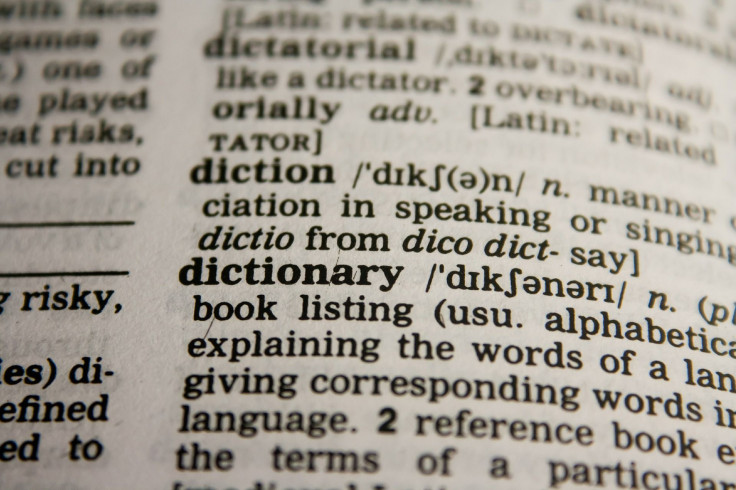Words Of The Year 2020: Why Oxford English Dictionary Couldn’t Pick Just One
KEY POINTS
- ‘Climate emergency’ was the word of the year for 2019
- The pandemic didn’t make waves until March
- Many of the words are related to U.S. issues
The impeachment of President Donald Trump. Australian bushfires. Protests over racial injustice. And of course, the pandemic. Too much for one year. So much in fact that the Oxford English Dictionary picked words of the year for 2020.
“Toxic” was the word of the year for 2018, while “climate emergency” earned the top spot last year. But this year is different. Rather than picking just one word, the Oxford English Dictionary went through a chronological list of words of the year.
“The English language, like all of us, has had to adapt rapidly and repeatedly this year,” the OED stated in a report published Monday. “Given the phenomenal breadth of language change and development during 2020, Oxford Languages concluded that this is a year which cannot be neatly accommodated in one single word.”
“Bushfire” saw an increase in usage in early January as Australia suffered its worst bushfire season on record. A government report found the fires pushed koalas close to extinction and destroyed more than 11.2 million hectares of land.
But that was quickly passed by “impeachment” by the middle of the month. The House of Representatives in late 2019 voted to approve articles of impeachment against President Donald Trump for abuse of power and for obstructing a congressional probe into Ukraine. The articles of impeachment were delivered to the Senate in late January. That leads to the word of the month for February: “acquittal.”
Then the world changed. “Coronavirus” earned the top spot in March when it became synonymous with the SARS-CoV-2 virus. The first cases of the virus were reported in late December in China and the World Health Organization issued a pandemic declaration in March.
By late March, “COVID-19” saw popular usage, followed by “lockdown” and “social distancing” for the month of April.
Optimism, it seemed, had surfaced in May when “reopening” became the popular word, according to the OED, as some early restrictions eased. But after the fatal police slayings of George Floyd, Breonna Taylor and other people of color, “Black Lives Matter” took the spotlight away from the pandemic by June.
As protests erupted across the United States and Europe, “BIPOC,” a shortened form of black, indigenous and other people of color, became a thing in July, as did “cancel culture,” a reference to various boycotts as an expression of public frustration.
The United States is still coping with election turmoil nearly four weeks after the Nov. 3 contest. But as early as August, the OED found, “mail-in” was trending because of the increased use of early voting by mail during the pandemic.
August also saw a major uprising in Belarus after long-time leader Alexander Lukashenko claimed an unprecedented sixth term in office as the nation’s first and only president. For the OED, that’s why “Belarusian” shared the August spotlight with “mail-in.”
By September, “moonshot,” a reference to a lofty goal, saw increased usage after the British government launched an aggressive campaign to test for COVID-19.
Global attention shifted gears a bit in October, with “net zero” seeing popular use after Chinese President Xi Jinping announced an agenda to achieve carbon neutrality by 2060. But it had to share the attention with “superspreader” after a series of high-profile events at the White House created a wave of infections among the U.S. political elite.
And that brings us to November, where the OED did not compile enough data to list a word.
Closing its book on the year to date, the OED said the list offers an interesting snapshot for 2020.
“From the sobering discourse of pandemics and politics, to the light-hearted neologisms that have emerged in times of darkness, language is the common thread connecting these shared experiences across the globe,” it concluded.






















